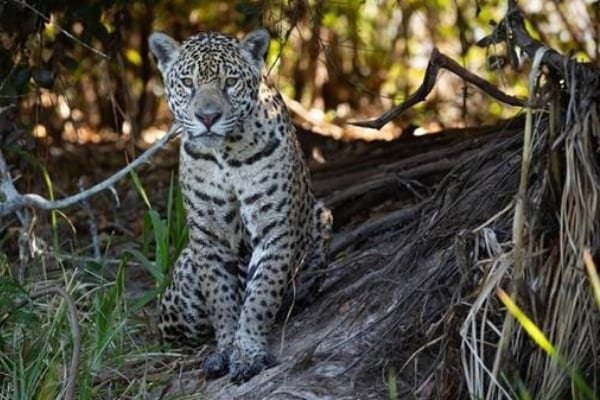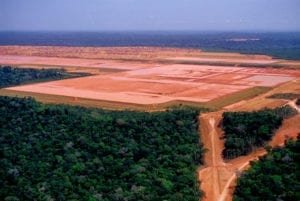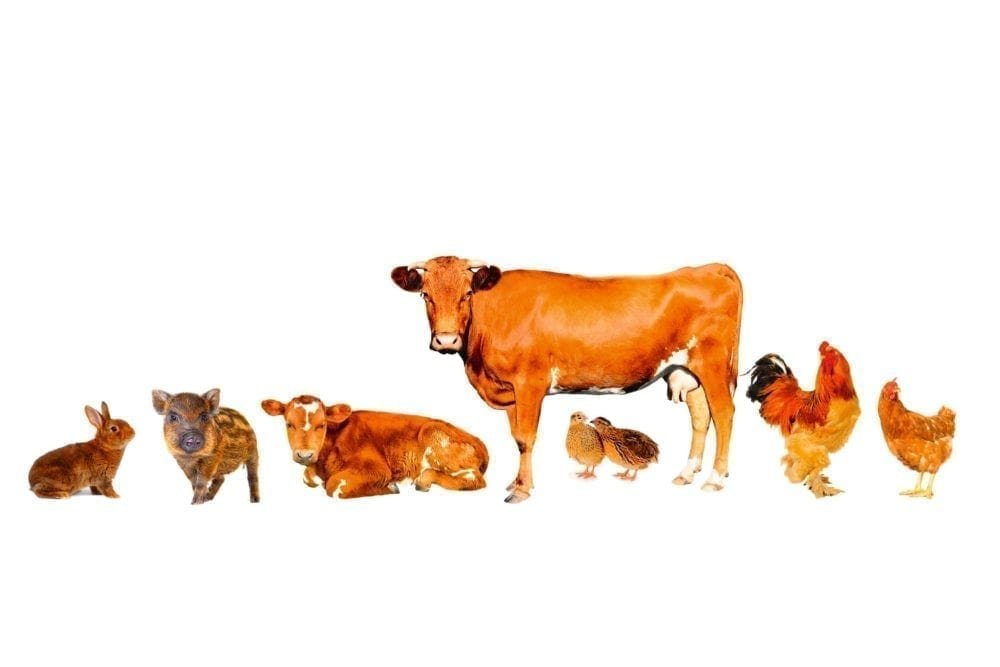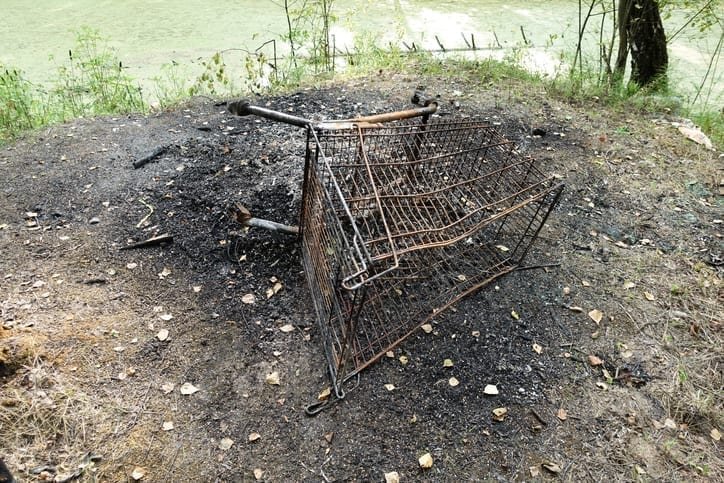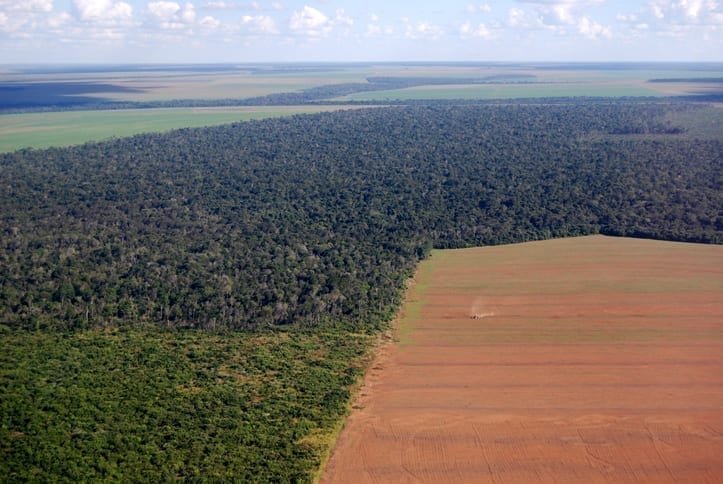Soy and deforestation
New data released today from WWF and RSPB detail the impact of key commodities, with specific examples from biodiverse landscapes.
Alongside beef production, soy has historically been one of the commodities responsible for deforestation in the Brazilian Amazon and destruction of its neighbour, the species-rich Cerrado grassland savannah.
The most common form of soy imported into the UK is soymeal (56%), which is largely used in animal feed. Soy is also ‘embedded’ in imported livestock, meaning it has already been fed to imported animals.
Only around 27% of soy was officially certified as not being associated with deforestation or destruction of habitats.
This means almost 75% could be a deforestation threat to landscapes globally. In Brazil, just 2.8% (or 3.2m tonnes) of all soy produced was certified sustainable.
‘The world is burning and for decades we’ve known why. When we eat beef in Britain we are fuelling the destruction of our most precious flora and fauna some 6,000 miles away in Brazil.
‘The quickest way to call time on this injustice is to radically reduce demand for beef and soy by going vegan now.’
JULIET GELLATLEY
Director of charity Viva!
UK pressure on Mato Grosso
The UK is dependent on soy imports from Brazil – nearly half of which comes from the Mato Grosso state.
Mato Grosso is in a unique position as it covers three critical biomes, with 53% in the Amazon, 40% in the Cerrado and 7% in the Pantanal.
The volumes imported from this one state are so large that 93,000 hectares of soy plantations are needed – equivalent to more than half the size of Greater London.
Deforestation in the Amazon parts of Mato Grosso increased by 19% last year. Soy production in Mato Grosso is likely to be putting pressure on forests either directly or indirectly, by replacing cattle ranches which themselves replaced forests.
Of the 2,248 fire outbreaks detected in the Amazon during June, 58% were in Mato Grosso state (1,303).
Trade deals and supply chains
WWF is calling for the UK government to introduce new laws and policies to take deforestation and the destruction of other natural habitats out of supply chains to help prevent these fires from occurring.
The charity is also urging the government to ensure that post-Brexit trade deals won’t contribute to environmental destruction.
 Play Video about This Rock Might Just Save The World
Play Video about This Rock Might Just Save The World Play Video about Play 2 hours of rock
Play Video about Play 2 hours of rock Play Video about Play 2 hours of brook
Play Video about Play 2 hours of brook Play Video about Play 2 hours of sheep
Play Video about Play 2 hours of sheep

















